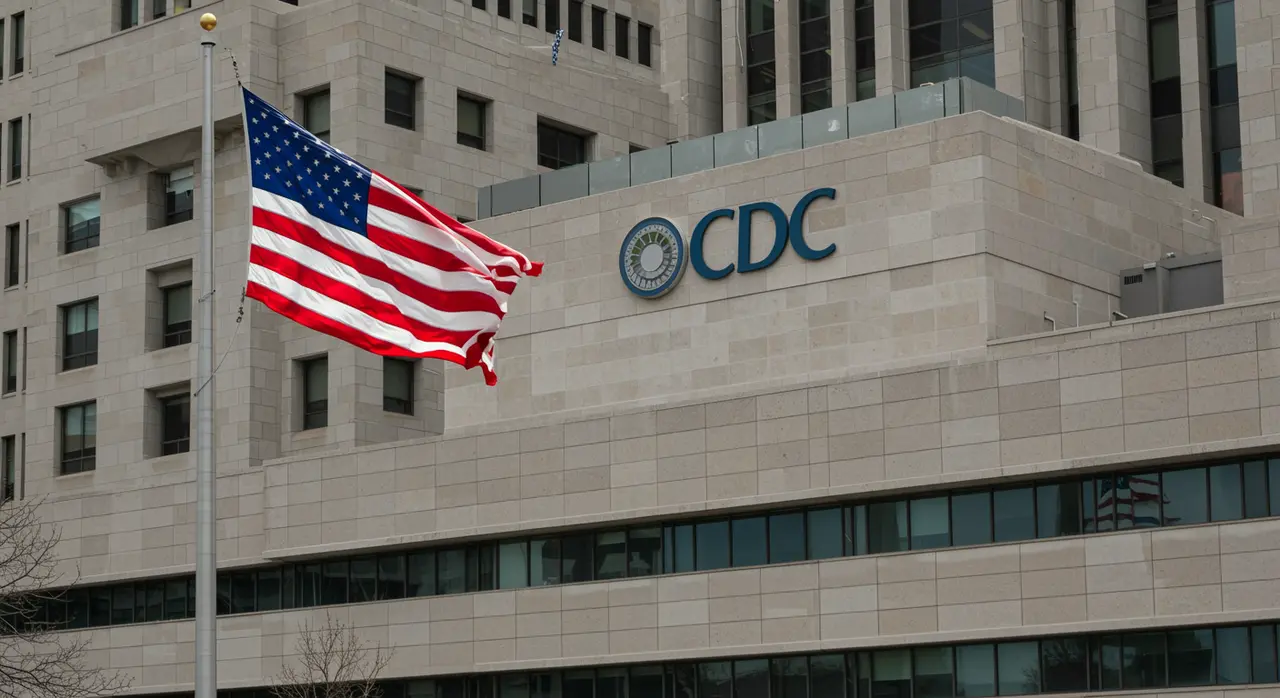Trump Nominates Dr. Susan Monarez as CDC Director Amid Public Health Reform Push
59 views
President Donald Trump has announced his nomination of Dr. Susan Monarez to lead the Centers for Disease Control and Prevention (CDC), a decision that underscores his administration’s focus on expertise and reform in the realm of public health. With a career spanning high-profile roles in government science and health policy, Dr. Monarez is poised to bring a wealth of experience to an agency at the forefront of the nation’s health challenges. Trump lauded her leadership skills and dedication to tackling chronic diseases, framing her appointment as a step toward greater innovation and transparency within the CDC.
A Pivotal Appointment Amid Public Health Challenges
Dr. Monarez’s nomination comes at a time when the CDC finds itself navigating a complex landscape of public health priorities, from the lingering effects of the COVID-19 pandemic to the escalating prevalence of chronic illnesses like diabetes, heart disease, and obesity. Her résumé reads as a blueprint for modern health leadership: as deputy director of ARPA-H, the advanced research agency for health, she has overseen cutting-edge projects aimed at revolutionizing disease prevention and treatment. Her tenure at the Department of Homeland Security and the White House Office of Science and Technology Policy further cement her reputation as a forward-thinking strategist with a knack for bridging science and policy.

Trump’s emphasis on her commitment to innovation and transparency signals a desire to recalibrate the CDC’s public image, which has faced scrutiny in recent years. While the agency has long been a cornerstone of global health leadership, criticisms of bureaucratic inefficiencies and communication missteps have taken their toll. Monarez’s background in high-stakes, results-driven environments suggests she may be uniquely equipped to address these challenges, particularly as the CDC seeks to regain public trust and adapt to an era of rapid technological advancement.
Her focus on chronic diseases also aligns with a growing recognition that these conditions represent a silent crisis in the United States. With nearly half of all American adults living with at least one chronic illness, the economic and social toll is staggering. Monarez’s track record hints at a willingness to confront these issues head-on, perhaps through a combination of innovative research initiatives and community-level interventions.
Balancing Continuity and Change
Dr. Monarez’s nomination raises questions about how her leadership might reshape the CDC’s priorities and operations. Will her tenure mark a departure from the agency’s traditional focus on infectious diseases, or will she strive for a balance that reflects the multifaceted nature of public health? Her experience suggests she is well-versed in the art of managing competing demands, a skill that will be crucial as the CDC grapples with both immediate and long-term challenges.
Her role at ARPA-H, for example, involved fostering collaborations between government, academia, and the private sector—a model that could prove transformative if applied to the CDC. By leveraging partnerships and emphasizing data-driven decision-making, she could usher in a new era of efficiency and impact. However, the task of reforming an institution as sprawling and complex as the CDC is not without its hurdles. Resistance to change, both internal and external, could complicate her efforts, particularly in an environment where public health has become increasingly politicized.
Yet, Dr. Monarez’s nomination also reflects a broader trend toward appointing leaders with multidisciplinary expertise. Her ability to navigate the intersections of science, policy, and public engagement may prove invaluable as the CDC seeks to address not only the health issues of today but also the emerging threats of tomorrow.
A Moment of Opportunity
Dr. Susan Monarez’s potential confirmation as CDC Director represents more than just a personnel change; it is an opportunity to redefine the agency’s mission and methods in an era of unprecedented challenges and opportunities. Her nomination signals a recognition that public health leadership requires a blend of scientific rigor, innovative thinking, and a deep commitment to public service. Whether she can translate her impressive credentials into meaningful change remains to be seen, but her appointment is a moment of promise for an agency in need of renewed direction.
As the nation waits for the Senate’s decision, the stakes could not be higher. The CDC’s next chapter will unfold under the watchful eyes of a public eager for solutions to the pressing health issues that shape their daily lives. Dr. Monarez’s leadership will undoubtedly be a defining factor in how the agency meets this critical moment.